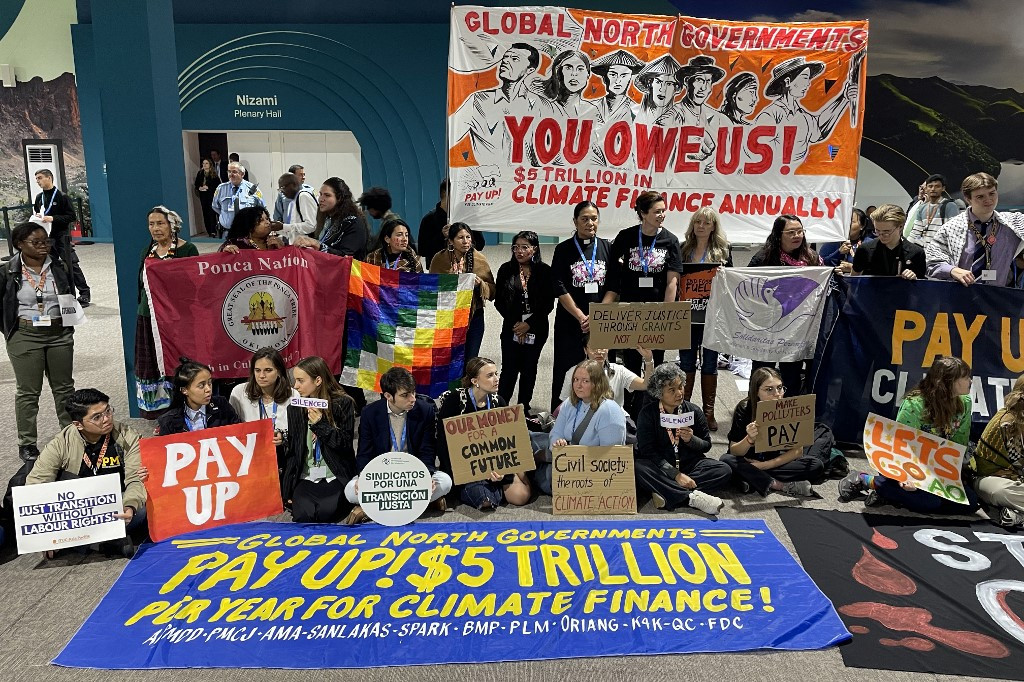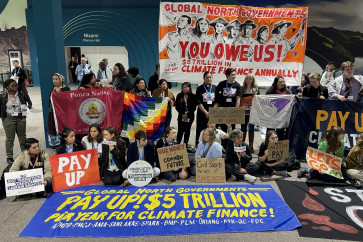Popular Reads
Top Results
Can't find what you're looking for?
View all search resultsPopular Reads
Top Results
Can't find what you're looking for?
View all search resultsCOP30 must make good on past climate commitments
Brazil's COP30 presidency is aiming to deliver pragmatic solutions for making progress on "collectively agreed" commitments of the past, setting the stage for a productive climate conference in November amid increasingly challenging global headwinds.
Change text size
Gift Premium Articles
to Anyone
I
n 2015, the landmark Paris climate agreement set the ambitious but necessary goal of limiting global warming to 1.5 degrees Celsius above preindustrial levels and ensuring that the increase stays “well below” 2 degrees. With the average global surface temperature having already reached 1.1 degrees above the 20th-century baseline, time is running out to reach this goal. Yet governments have so far failed to agree on a strategy for doing so.
At last month’s 62nd session of the United Nations Climate Change Subsidiary Bodies (SB 62) in Bonn, the midyear negotiations intended to lay the groundwork for November’s UN Climate Change Conference (COP30) in Belém, countries got so hung up on the details of the agenda that little progress was made.
Such delays have long characterized the UN Framework Convention on Climate Change (UNFCCC), but they are at odds with scientific reality, which demands rapid and unified action.
Building consensus is thus a key challenge facing Brazil’s COP30 presidency. The task ahead is formidable, not only because of the challenges inherent in the UNFCCC process, but also because four interconnected global developments are undermining trust and impeding multilateral cooperation.
First, the global governance architecture, with the UN at its core, is showing signs of disarray. Institutions that were designed to nurture and facilitate cooperation are increasingly hamstrung by bureaucratic inertia and outdated organizational structures. With reform efforts gridlocked, the UN system risks losing its relevance and multilateralism its credibility.
Second, the rise of transactional diplomacy has meant countries prioritize their own short-term interests over collective long-term needs. This approach, based on a narrow conception of national interest, effectively precludes broad-based cooperation, as it erodes the norms that have traditionally underpinned international engagement.
Third, compromise is increasingly being rejected in favor of “realism”, leading to extreme polarization and entrenched negotiating positions. Multilateral negotiations regularly come down to the wire and the results are often disappointing, further encouraging transactional engagement at the expense of cooperation and compromise.



















